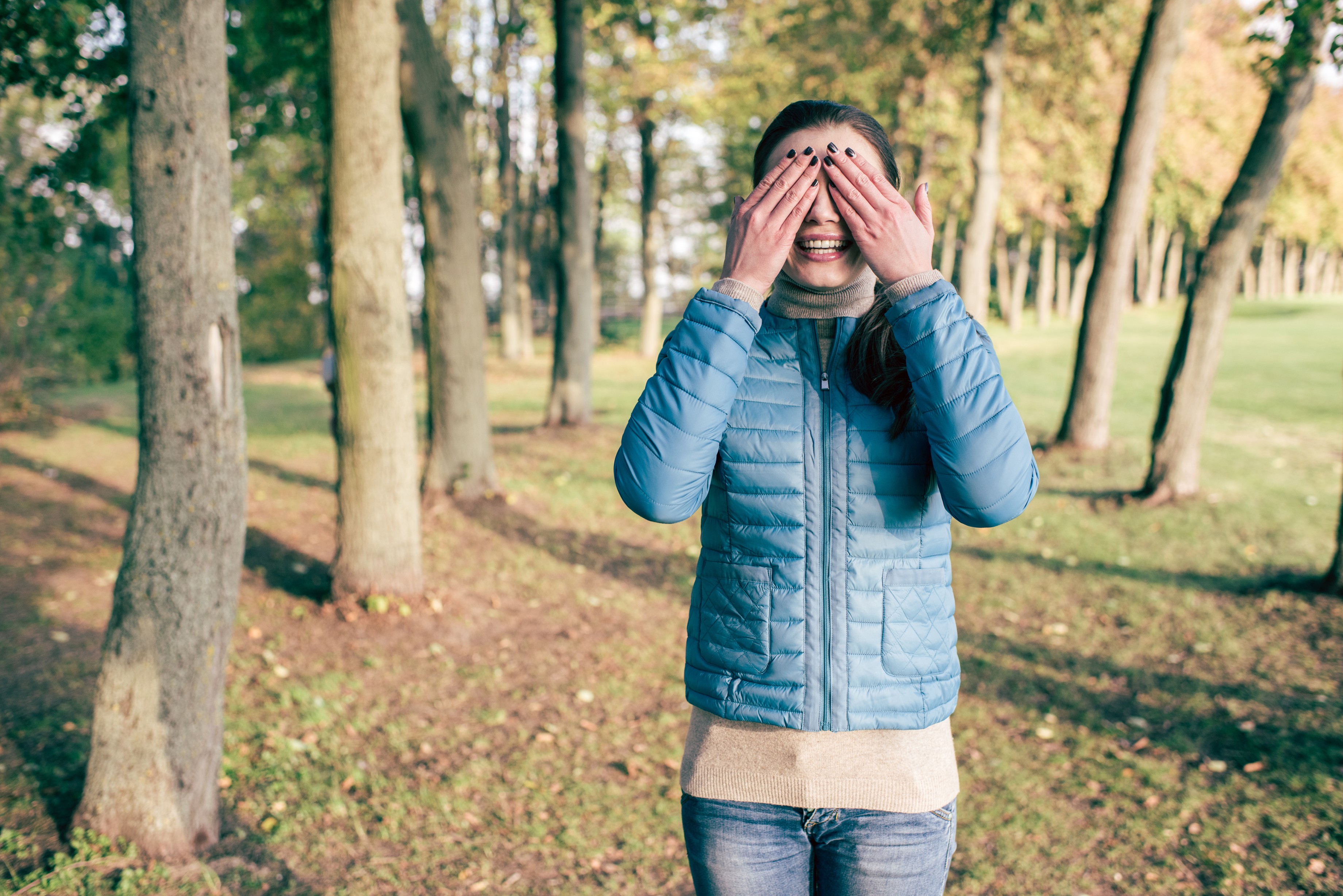Dry Eyes in Winter? Here’s How to Find Comfort
18th Jul 2024

Winter brings its own unique charm, from enjoying coffee on frosty mornings to cosy firesides, sleeping better in cooler temperatures, and the early evening ritual of closing your window curtains or blinds past 5 PM. But along with these comes a less welcome visitor: dry, itchy and irritated eyes
If you’ve noticed your eyes feeling parched during the colder months and wondered why, you're not alone. The cold weather, combined with indoor heating and low humidity, can make it difficult for our eyes to stay adequately moisturised.
Let's dive into why this happens and how you can keep your eyes comfortable this winter.
Why Does Winter Make Dry Eyes Worse?
Dry eyes occur when your tears aren’t able to produce enough lubrication for your eyes. It's more than just a minor inconvenience – it can feel like there’s grit in your eyes, cause redness, and even lead to pain with a burning sensation.
And the winter season can be particularly harsh on our eyes for several reasons: cold air, windy conditions outside and dry, heated air inside our homes or offices can both contribute to the problem.
While cranking up the heater keeps us warm, it also reduces indoor humidity levels, drying out the air—and sucks the moisture from your eyes, exacerbating dryness and irritation.
The mix of cold, dry outdoor air and heated indoor environments can make your tears evaporate faster, leaving your eyes feeling dry and irritated, and making dry eyes worse.
While these symptoms are common, it’s important to see your optometrist if they persist, become severe, or affect your vision. They can also help diagnose the cause and recommend appropriate treatments needed for your eyes.
Steps to Prevent and Manage Your Dry Eyes This Winter
10-20 Minutes Warm Compress
Dr. Michael Chua suggests starting or ending your day with a warm compress to soothe and improve dry eyes. This simple yet effective practice helps by loosening the oils in your eyelid glands, stabilising your tears, and increasing blood flow.
You can use an electric warm compress for about 20 minutes once or twice a day. If you don't have an electric one, you can heat a clean cloth with warm water or use a specially designed eye compress.
After using the compress, gently massage your eyelids with your fingertips to help further loosen any oils and for extra relief.
Maintain indoor humidity
When heat pumps are working overtime, the air inside our homes can become exceptionally dry and can wreak havoc on your eyes.
To combat the dryness, consider setting up a humidifier in the areas where you spend most of your time, such as your bedroom or office. Adding moisture to the air helps maintain a healthier tear film and keeps your eyes comfortable.
Aim for a relative humidity level of around 45%. You can use a hygrometer to help you monitor the humidity levels in your home effectively.
Remember the 20-20-20 Rule (Frequent Blink Breaks)
Set a reminder to follow the 20-20-20 rule: every 20 minutes, look at something 20 feet away for at least 20 seconds.
It not only gives your eyes a quick break but also helps reduce eye strain from prolonged screen time.
Preservative-Free Eye Drops
Dr. Allen, who has personal experience with dry eyes, recommends using preservative-free artificial tears. These drops effectively replenish all three layers of the tear film, providing thorough hydration and comfort. Keep a bottle handy, especially when you’re on the go, to ensure quick relief whenever you need it.
Protect Your Eyes Outdoors
Whether it’s winter or summer, wearing sunglasses can shield your eyes from wind and cold air, reducing tear evaporation and keeping your eyes more comfortable.
When to See a Doctor
While many cases of dry eyes can be managed with over-the-counter solutions and lifestyle adjustments, you should consider seeing your eye doctor if:
- If your dry eyes continue despite using artificial tears and making environmental changes.
- Intense burning, redness, or pain in your eyes shouldn’t be ignored and warrants a doctor’s visit.
- Any noticeable changes in your vision, such as blurriness or difficulty focusing, need immediate medical attention.
- If you have other health issues, such as autoimmune diseases like Uveitis, that could be contributing to your dry eyes, a specialist can provide targeted treatments.
- Recurrent eye infections can be a sign of chronic dry eye syndrome, which requires professional evaluation and treatment.
More articles related to dry eyes:
Best Contact Lens Solutions in 2024 (Dry Eyes, Sensitive Eyes & More)
Best Contacts for Dry Eyes: Which Brand Comes Out on Top
The Best Eye Drops for Dry Eyes
References:
WebMD. (n.d.). Dry eyes and cold weather
National Eye Institute. (n.d.). Dry eye.
Healthline. (n.d.). Dry eyes in winter: Causes, treatments, and prevention
Doctor Eye Health. Top 5 ways to treat dry eye syndrome
Michael Chua, MD. Dry Eyes? START HERE. 3 Best treatments for dry eyes in 2023